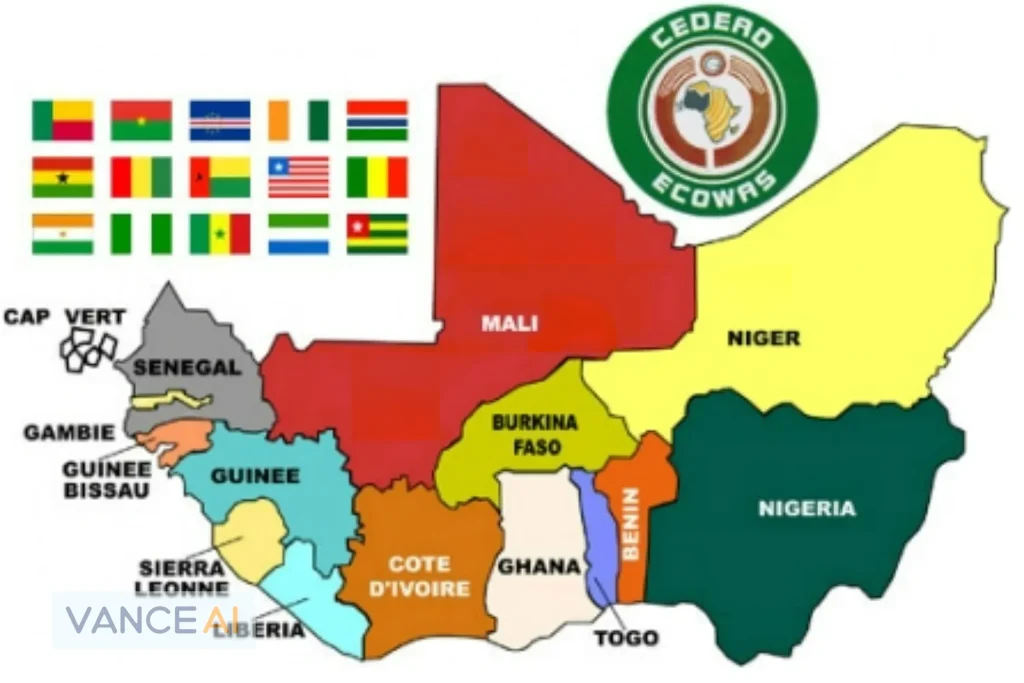Morocco is on the verge of officially legalizing cryptocurrencies, with the country’s central bank, Bank Al-Maghrib, spearheading efforts to establish a comprehensive regulatory framework. The move signals a significant shift in Morocco’s stance on digital assets, which were previously banned due to concerns over fraud and lack of oversight.
Abdellatif Jouahri, the Governor of Bank Al-Maghrib, confirmed that a draft law to legalize cryptocurrencies is nearing completion. This legislation aims to strike a balance between fostering innovation and ensuring financial stability. Key features of the proposed framework include clear guidelines for cryptocurrency transactions, anti-money laundering (AML) measures, and safeguards against the misuse of digital assets.
The decision to embrace cryptocurrencies comes amid rising adoption rates in Morocco, particularly among young tech-savvy individuals. Despite the ban, Morocco ranked as one of Africa’s leading countries for crypto adoption in recent years, highlighting the strong demand for decentralized financial solutions.
The regulatory framework will also align with international standards, reflecting the Moroccan government’s intent to attract global crypto-related investments and businesses. By legitimizing digital currencies, Morocco hopes to boost financial inclusion and diversify its economy, especially as cryptocurrencies gain traction in sectors like remittances and e-commerce.
Local cryptocurrency advocates have welcomed the development, seeing it as a step toward modernizing Morocco’s financial landscape. However, they stress the importance of ensuring that the regulations remain adaptable to the fast-evolving crypto space.
Critics, on the other hand, caution that the government must address potential risks, such as volatility, fraud, and environmental concerns related to crypto mining. They also urge authorities to provide adequate education for citizens about cryptocurrencies to minimize misuse and promote informed participation.
Morocco’s imminent legalization of cryptocurrencies positions it as a regional leader in embracing digital assets, setting a precedent for other African nations grappling with how to integrate cryptocurrencies into their economies.























